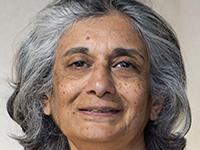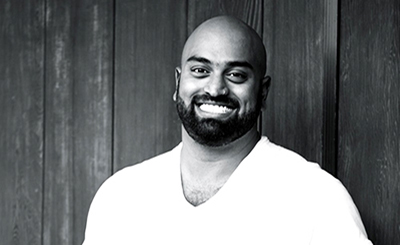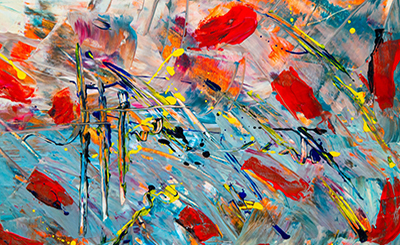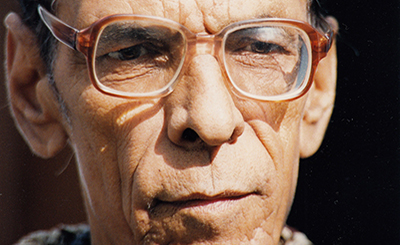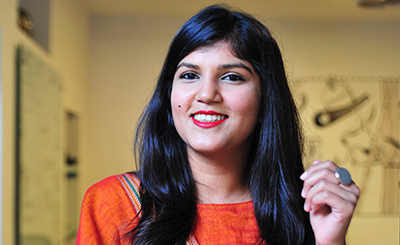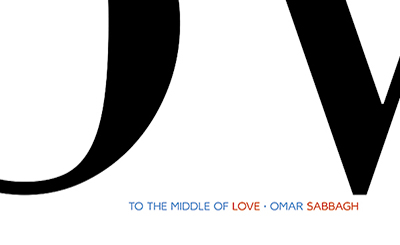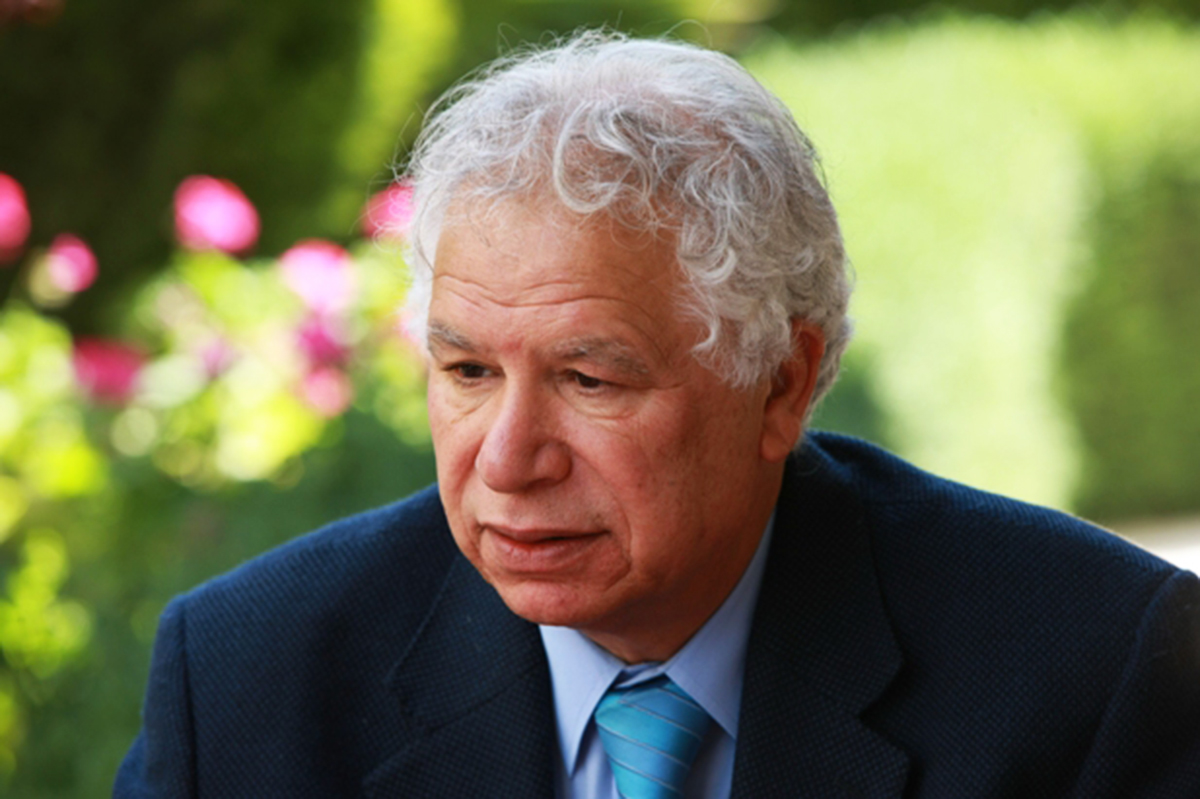
Mourid Barghouti. Photo: Wikimedia Commons
Separation is a theme that runs through Mourid’s poetry and his memoirs, a condition he knew intimately. His poetry is never bitter, but always compelling and compassionate, a sustained and philosophical reflection on loss and separation.
Mourid Barghouti (1944-2021). Poet of Palestine. Of exile. In exile for the better part of his life. Mourid, who wrote:
I rubbed the leaf of the orange in my hands
As I had been told to do
So that I could smell its scent
But before my hand could reach my nose
I had lost my home and become a refugee
You could say exile was Mourid’s second home. Ramallah. Cairo. Budapest. Beirut. Amman, where he is buried.
In 1967, when Israel attacked Palestine, Mourid was a student in Cairo, and there he remained, for the first of his many displacements. His subsequent links with resistance and the Palestine Liberation Organisation (PLO) soon made him persona non grata in Egypt, and so he was exiled again, this time to Budapest, where he represented the PLO for twenty years.
Separation is a theme that runs through Mourid’s poetry and his memoirs, a condition he knew intimately. He was not allowed to visit Cairo where his Egyptian wife, the writer Radwa Ashour, lived and worked; and much later, when they were reunited in the 1990s, after seventeen years, and he was able to return to Ramallah after the Oslo Accords, she could never travel with him to Palestine because she refused to apply for a visa from Israel.
“I am not a piece of music”, wrote Mourid, “and I am not a play contemplating men’s destinies on a darkened stage. I am a father, a husband, a man with a cause, a poet, a son, and an uncle. I’m an adult and I’m supposed to provide answers and not just questions. I got used to my expulsion from Egypt and made it old news. I walked the roads of the world turning that page and trying with all my might to forget it. Life, though, taught me that you have to be free in order to choose, or be confused, or decide, or demolish, or build, or forgive, or apologise, or accept, or refuse; likewise — and here’s the rub — you have to be free in order to forget. The world didn’t let me be free so that I could forget.”
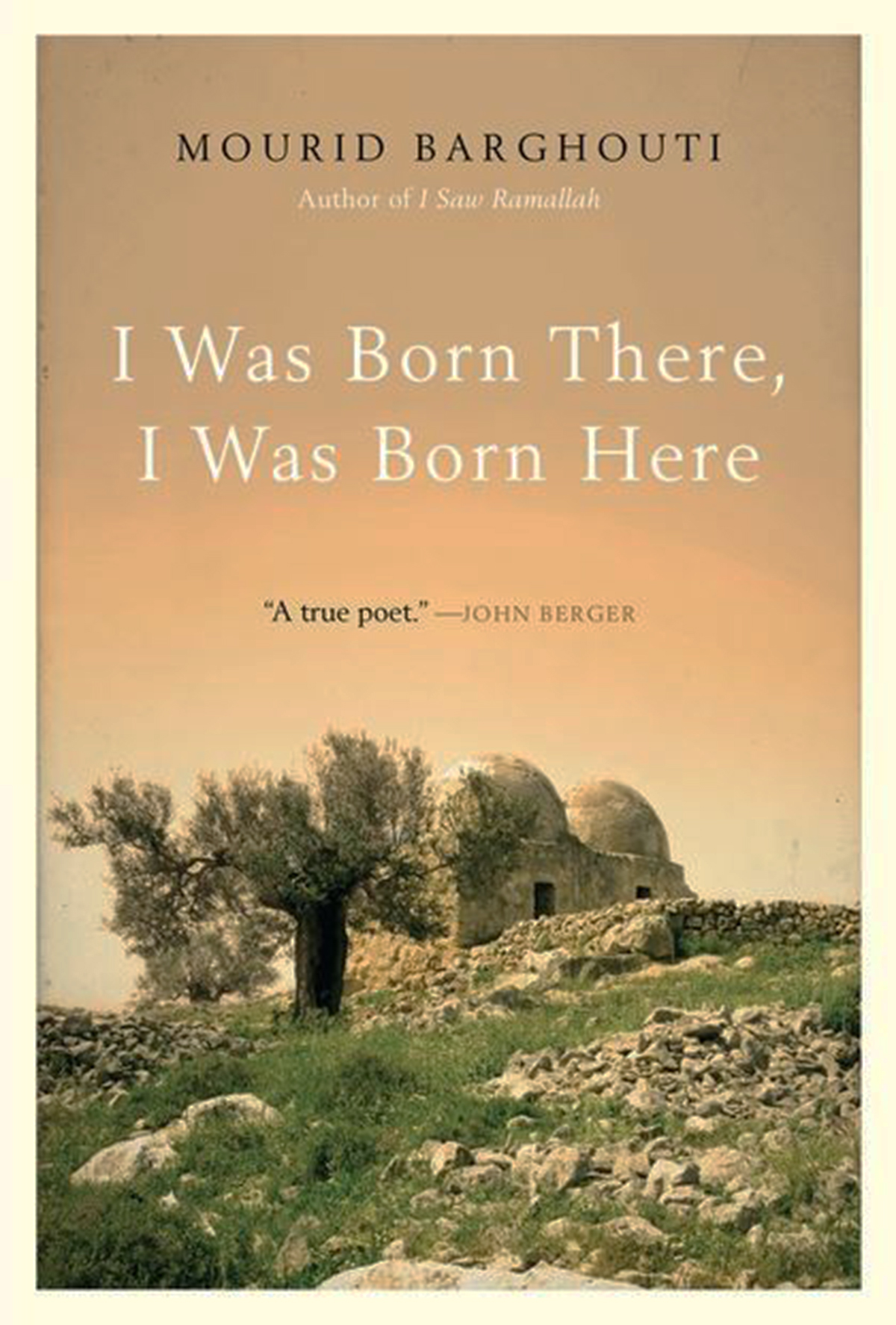
In 2009, I met Mourid in Beirut, in the home of a mutual friend, the Lebanese publisher, Hasna Mekdashi, and the conversation turned naturally to politics — in Lebanon, in Egypt, in Palestine, an evergreen wound. Mourid refused to call it the West Bank: “That can never be the name of a country,” he said.
That evening Mourid was, in turn, bitter and passionate about Palestine, about how the craven politics of the UK and US had systematically destroyed every secular, political option in the Middle East for over sixty years, beginning in 1947 with the creation of Israel, followed by the overthrow of Prime Minister Mohammad Mossadegh in Iran, right up to all their misadventures in the 20th century. Iran, Iraq, Syria, Lebanon, Jordan, Egypt, Israel, Palestine — one long history of meddlesome and disastrous politicking, leaving a region scarred and devastated by years and years of violence. And the Muslim Brotherhood in Egypt, masquerading as moderates — “The moderate are the real hell,” he said, “because they provide no opposition and no alternative” — left him full of a kind of ferocious despair for that country and their life in it.
And so he retreated into his poetry, which is never bitter, but always compelling and compassionate, a sustained and philosophical reflection on loss and separation.
When he read his poems in public, Mourid’s audiences would number in the thousands. In Cairo, in Beirut, in Amman and Ramallah. He was lyrical, witty, biting, reflective, his poetry the medium through which he unknotted the tangled skein of exile. In India in 2016, at the invitation of the feminist press, Women Unlimited, he said, “To be a Palestinian means a lot of lost meanings.” Lost homeland. Lost geography. Lost history. Lost identity. But not lost hope or lost voice. When you write a poem, he said, you don’t know who will read it, but poems travel, and they will still be read and heard long after the poet is gone.
Mourid writes:
Here is Death,
wearing padlocks as pendants,
his well-trained hounds at his heels;
his eternal belt
stuffed full of addresses.
He gently lays you in his ebony trunk
with his dark clothes,
handkerchiefs, combs,
and huge toothbrush,
preparing you for a journey
to a place he knows and you do not.
Yet, with the ending of the rain,
you discover
Death has overlooked you!
In a fit of irresponsibility
he has left you to this life;
you realize it is others who have died.
They have gone
for reasons as obscure
as the sources of the winds,
or they have departed
shrouded in banners
where winds go to sleep.
And though you can’t recall the details
your extravagant joy
now mellowed,
comes back again to you.
Slowly and slyly,
it has kept its charms for you alone,
as if it were a bolt of lightning that,
after seven years’ fermenting in the skies,
descends to strike,
electrifying you
from head to toe
from left to right,
snatching away your scepter.
Though you sought to evade it,
It returns to strike you,
because,
but for the hundred aches and pains
nagging at your window,
like the beggars at the traffic lights,
you were born for joy.
(Poem, “Midnight” and the text within quotes from I Was Born There, I Was Born Here by Mourid Barghouti, translated from the Arabic by Humphrey Davies. Ritu Menon photo: Jonathan Page)
More from The Byword
Comments
*Comments will be moderated



